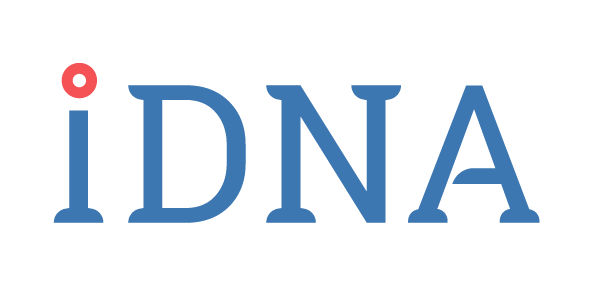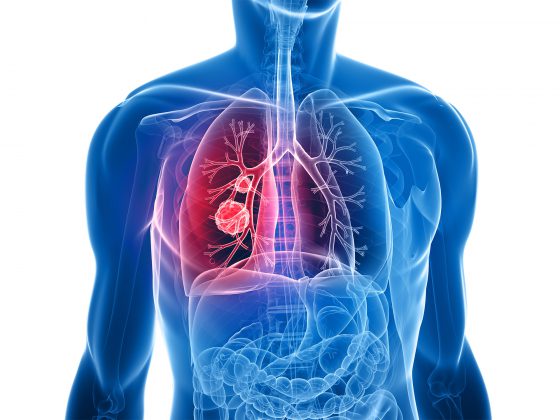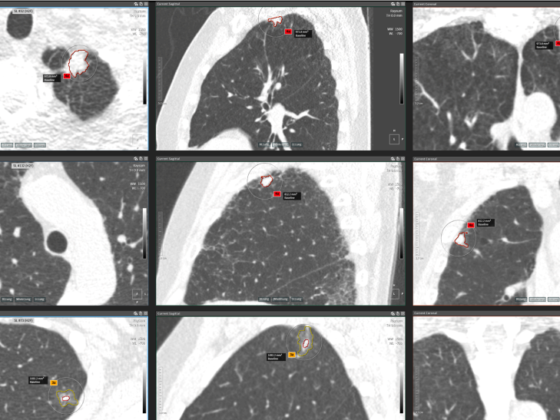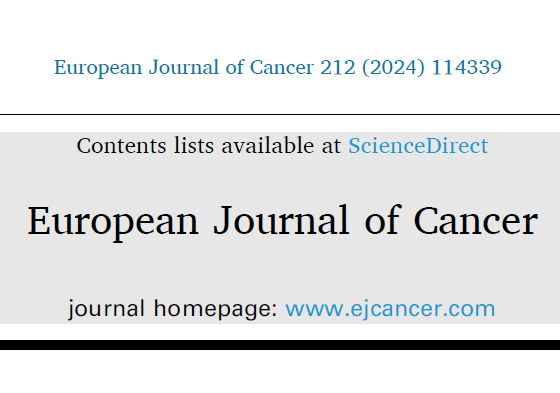Delfi Diagnostics, a pioneering developer of a new class of high-performance, accessible liquid biopsy tests for early cancer detection and monitoring, has been selected as the liquid lung cancer biopsy partner in Europe’s multi-national, randomized, prospective lung cancer screening trial known as 4-IN-THE-LUNG-RUN, or 4ITLR.
Through 4ITLR, European investigators are studying how often – every year, or every other year – individuals should get screened if their initial CT scan is negative. Delfi’s technology is paired to the study objectives by measuring whether Delfi can identify individuals in Europe’s screen-eligible population who are most likely to benefit from a CT scan. The collaboration, initiated and facilitated through a partnership between the Netherlands Cancer Institute ((NKI), with Dr. D. van den Broek as PI) and the institute for DiagNostic Accuracy (iDNA), includes Delfi analyzing the first 9,000 subjects enrolled through the trial in the Netherlands and France (Gustave Roussy) – generating data that can support Delfi’s research and subsequent implementation within the European Union. “One of the goals of our study is to examine how a liquid biopsy test might improve screening in a manner that is cost-effective,” said prof. Matthijs Oudkerk, MD, PhD, Chief Scientific Officer at iDNA and leading the Radiology and AI readings of 4ITLR. “We are eager to explore how a low-cost liquid biopsy platform could help us screen more high-risk Europeans.” Based on the results of the NELSON trial, the European Union is expected to initiate a European lung cancer screening program for individuals at risk due to their smoking and age. “We know that LDCT screening is effective in reducing lung cancer mortality,” said Peter B. Bach, Delfi Diagnostics Chief Medical Officer. “This study should lay the groundwork for widespread, cost efficient screening of those at risk in Europe. Delfi is honored to be part of it.” Lung cancer kills more than 380,000 Europeans each year, and more than half of all new lung cancer diagnoses in Europe occur at stage IV, when 5-year survival rates can be as low as 2 percent. But screening older heavy smokers with low-dose CT could save up to 80,000 lives in Europe per year.
About Delfi Diagnostics
Delfi is developing a new class of liquid biopsy tests for early detection based on altered genome-wide fragmentation profiles, also known as “fragmentomes,” representing aberrant packaging of DNA in cancer cells. By applying advanced machine learning algorithms, these fragment patterns are detectable at a very low sequencing cost. Delfi (“DNA Evaluation of Fragments for early Interception”) is using this technology to develop highly sensitive and specific cancer detection assays intended for wide and cost-effective distribution and adoption.
About The Netherlands Cancer Institute (NKI) and CVV (NKI Center for Early Diagnostics)
The NKI is among the world’s foremost comprehensive cancer centers, combining innovative fundamental, translational, and clinical research with dedicated patient care. Our research institute gratefully acknowledges funding from the Dutch Ministry of Health, Welfare and Sport, the Dutch Cancer Society, and individual donors. The NKI Center for Early Diagnostics is an initiative of the NKI. Our Center combines innovation and scientific research to provide certainty in an early stage for risk factors or signs that may indicate cancer.
About iDNA
iDNA is a Contract Research Organization specialized in early-stage lung cancer, and researching new technologies for the early detection and treatment of lung cancer, with comorbidities in cardiovascular diseases and COPD/emphysema. Key to the early detection of lung cancer are high quality lung cancer screening programs and therefore iDNA wants to set the ‘’golden standard’’ for worldwide lung cancer screening. iDNA works with relevant, early-stage, asymptomatic, high- to medium-risk lung cancer (sub)populations, up to a large, multi-national scale. In addition, iDNA provides several services facilitating the required validation of liquid- and imaging biomarkers and/or therapeutics, while working with KOLs and research partners worldwide. iDNA thereby provides leading pharmaceutical, biotech and AI partners with the opportunity to implement their disruptive technology much quicker and more cost-effective, fully capitalizing on the current momentum within the lung cancer screening landscape.
About Gustave Roussy
Ranked as the leading European Cancer Centre and sixth in the world, Gustave Roussy is a centre with comprehensive expertise and is devoted entirely to patients suffering with cancer. The Institute is a founding member of the Paris Saclay Cancer Cluster. It is a source of diagnostic and therapeutic advances. It caters for almost 50,000 patients per year and its approach is one that integrates research, patient care and teaching. It is specialized in the treatment of rare cancers and complex tumors and it treats all cancers in patients of any age. Its care is personalized and combines the most advanced medical methods with an appreciation of the patient’s human requirements. In addition to the quality of treatment offered, the physical, psychological and social aspects of the patient’s life are respected. 4,100 professionals work on its two campuses: Villejuif and Chevilly-Larue. Gustave Roussy brings together the skills, which are essential for the highest quality research in oncology: a quarter of patients treated are included in clinical trials.




